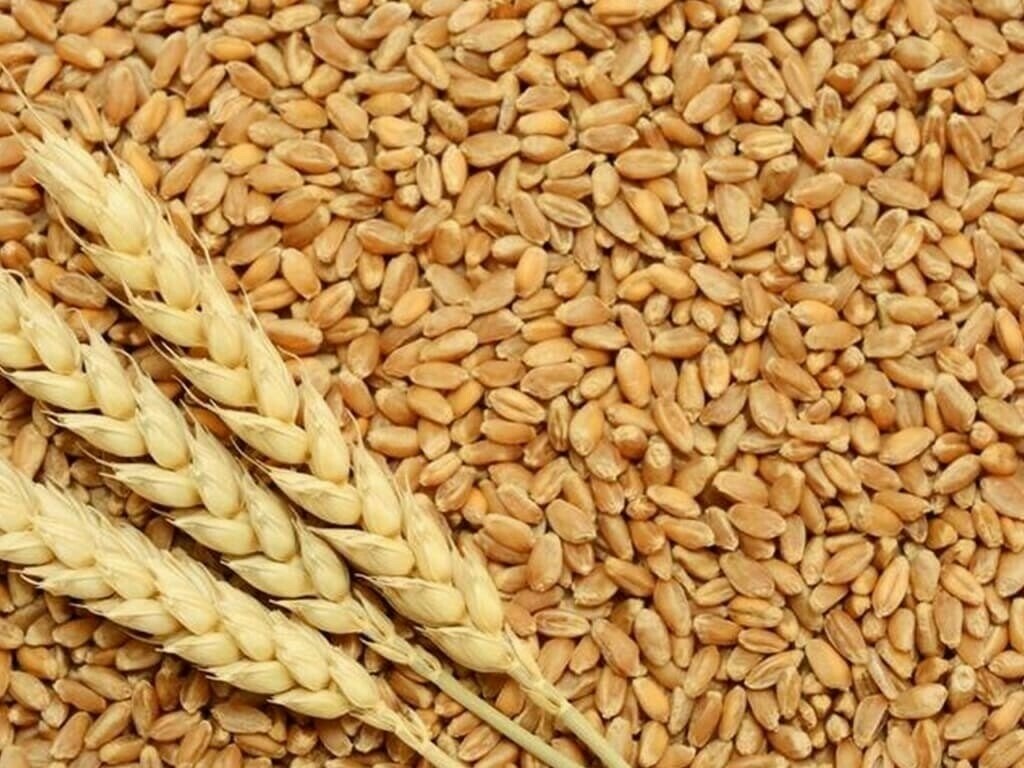Jordan’s Wheat Procurement Strategy Reshapes Global Grain Markets

Jordan’s 2025 wheat procurement strategy has become a reflection of the fragility of global grain markets, illustrating how demand from emerging markets is reshaping price volatility and trade flows. The kingdom’s frequent tenders, partial fulfillments, and flexible pricing terms highlight structural shifts in the market, presenting both risks and opportunities for investors.
Jordan is actively conducting tenders to procure 100,000–120,000 metric tons of milling wheat, with delivery schedules staggered across October and November. In July 2025, it successfully secured 60,000 tons at $255.50 per ton, while an August tender was canceled and rescheduled. This approach reflects Jordan’s efforts to ensure food security amid water scarcity and mitigate risks from global supply chain disruptions.
This strategy is part of a broader trend where emerging market demand influences global markets. For instance, barley prices in Jordan reached $229 per ton, compared to $185–190 for Ukrainian barley. This gap has driven a 15% year-to-date increase in CBOT barley futures, demonstrating how countries like Jordan impact price formation.
Global wheat prices have softened due to bumper harvests in the EU and Canada, with world wheat stocks projected to reach 271 million tonnes by the end of the 2025/26 marketing year. However, geopolitical factors, such as Russia’s 56% year-on-year wheat harvest decline and Black Sea supply disruptions, create localized shortages, prompting Jordan to expand its strategic reserves to cover 16 months of consumption.
For investors, Jordan’s strategy opens asymmetric opportunities. Companies like Archer-Daniels-Midland (ADM), despite a 55% drop in Q2 2025 earnings, remain resilient due to strong cash flow ($4 billion in the first half) and global market positioning. CNH Industrial, though impacted by weak demand for agricultural equipment, benefits from logistics solutions aligned with Jordan’s needs.
Risks for investors include potential declines in feed grain demand due to economic slowdowns or a Russian harvest rebound. Analysts recommend diversifying through grain futures and agribusiness equities to mitigate market shocks. Companies like Olam International and Al Dahra gain advantages from access to cheaper Ukrainian grain.
Jordan’s strategy serves as a bellwether for changes in the global grain market, where emerging market demand drives volatility and opportunities. Investors should remain agile, balancing grain futures and agribusiness equities to capitalize on these shifts.
For almost 30 years of expertise in the agri markets, UkrAgroConsult has accumulated an extensive database, which became the basis of the platform AgriSupp.
It is a multi-functional online platform with market intelligence for grains and oilseeds that enables to get access to daily operational information on the Black Sea & Danube markets, analytical reports, historical data.
You are welcome to get a 7-day free demo access!!!
Read also
AmSpec – Partner of BLACK SEA GRAIN.KYIV-2026
Black Sea & Danube Rapeseed Market at a Turning Point: Weather Risks, Supply ...
Indonesia to import 1 thsd tons of US rice despite self-sufficiency policy
China returns rapeseed oil from Kazakhstan over GM
Nigeria advances toward full membership in council of palm oil producing countries
Write to us
Our manager will contact you soon



